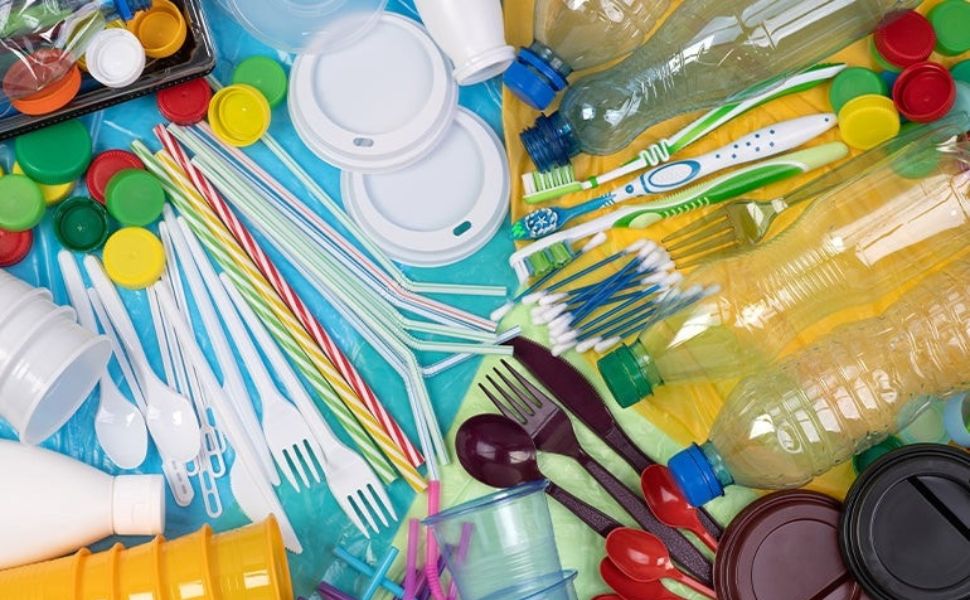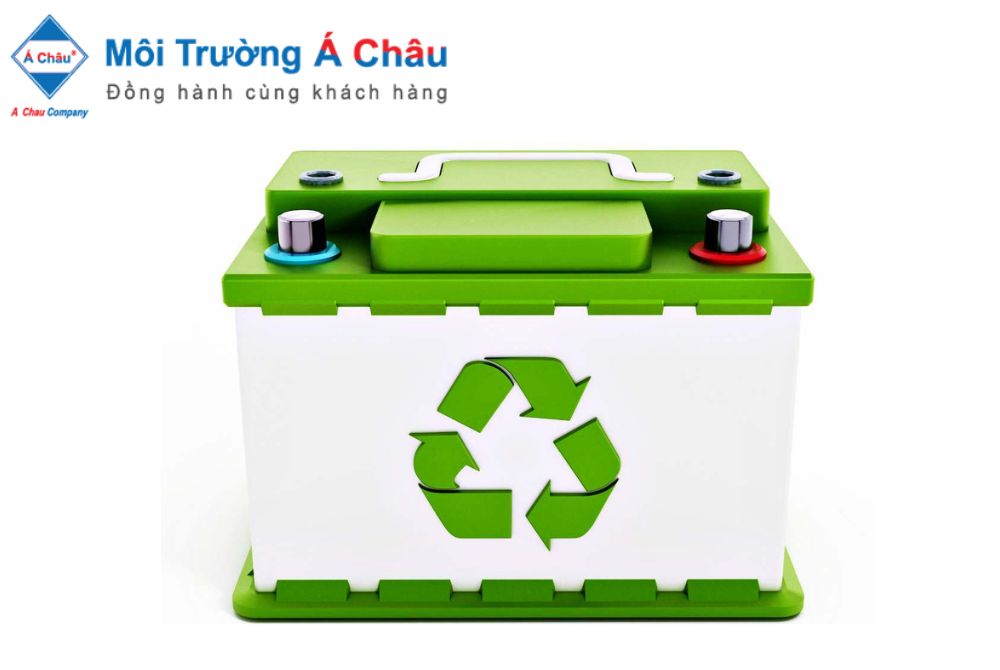Segregating for effective recycling
Plastic, a seemingly harmless material, is causing ecological destruction in various aspects of life, including urban and rural areas, oceans, and streams. The rising obsession with plastic waste is a pressing issue that requires urgent solutions.
Plastic waste refers to items and objects that are no longer in use, such as bags, bottles, cups, straws, and foam boxes, which are commonly found in everyday life.
 Plastic waste is waited for segregation
Plastic waste is waited for segregation
Plastic waste is a significant contributor to climate change, as its production and processing generate significant Greenhouse Gas (GHG), thereby escalating Earth's temperature.
Microplastics - tiny fragments of plastic released into the environment gradually decompose into tiny fragments that enter the food chain, affecting plankton, fish, and humans, and ingestion through water sources can lead to serious health issues.
Animals often mistake plastic waste for food, leading to gastrointestinal blockage, poisoning, internal damage, and internal injuries. Trapping in plastic waste can also cause death. Additionally, plastic waste reduces biodiversity and animal food sources.
The issue of plastic pollution stems from multiple factors, including excessive plastic usage, inadequate awareness about waste management, and an incomplete system. Effective improvement, education, and synchronisation of plastic waste management policies are crucial for environmental protection.
Limiting plastic waste is crucial for environmental protection, human and animal health, and climate change mitigation. It safeguards water and food sources, prevents poisoning and injury, and ensures the safety of all.
Promoting the reduction of plastic use and the collection and recycling of waste to protect the environment, but not all plastic can be recycled.
Plastic waste is categorised into recyclable and non-recyclable types, such as PET, HDPE, PVC, LDPE, and PP. It is sorted to effectively treat it, with the first step being to dispose of it properly.
Plastics are synthetic materials made up of polymers, with some being easier to recycle due to melting and new product creation. In contrast, others are difficult due to additives like dyes or flame-retardant chemicals. Separating plastic from other materials is challenging, and it also requires washing before recycling.
The text advocates for the use of eco-friendly alternatives to disposable plastic products, such as natural biodegradable straws, bagasse food containers, and paper cups, which are safe and self-decompose in a short time, thus reducing daily plastic waste and promoting a more sustainable lifestyle.
Reusing plastic items is a sustainable solution, but it requires safety precautions. Thoroughly check and clean, and avoid using it for hot food or in the microwave. Limit reuse and wave the items to avoid waste.
To address plastic waste problems, cooperation between individuals, organisations, and governments is crucial. Individuals should raise awareness, change usage habits, limit single-use plastic items, use eco-friendly products, reuse, and properly classify waste. Organisations and governments should promote eco-friendly products, invest in waste treatment systems, and raise community awareness. This is a shared responsibility to protect our environment.
Source: According to Environmental Industry, "Segregation for effective plastic recycling", posted on June 14, 2024, see link: https://congnghiepmoitruong.vn/phan-loai-de-tai-che-nhua-hieu-qua-13245.html,accessed June 26, 2024.













